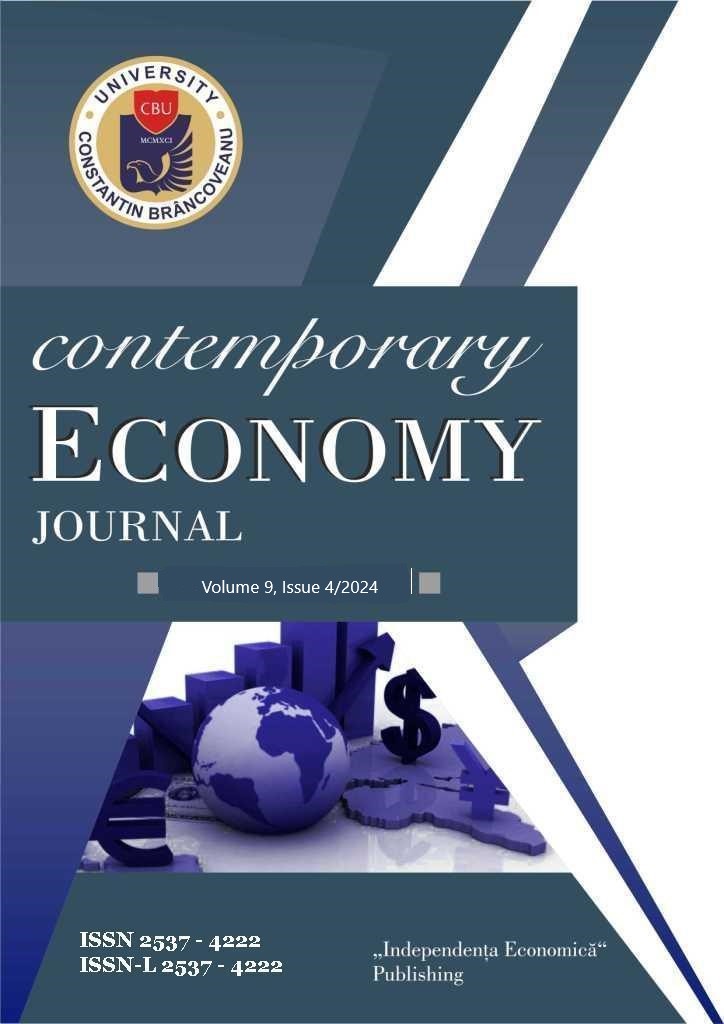THE CONCEPTUAL AND INSTITUTIONAL FRAMEWORK OF ECONOMIC RESILIENCE
THE CONCEPTUAL AND INSTITUTIONAL FRAMEWORK OF ECONOMIC RESILIENCE
Author(s): Cristina UngurSubject(s): Politics / Political Sciences, Politics, Economy, National Economy, Business Economy / Management, Economic policy
Published by: EDITURA INDEPENDENŢA ECONOMICĂ
Keywords: economic resilience; sustainable development; conceptual framework;
Summary/Abstract: Recent disruptions and shocks caused by financial crises, pandemics, and catastrophic events, emphasize the importance of economic resilience as the ability of an economy to adapt and recover quickly. The concept is crucial for maintaining stability and economic growth in the face of global or internal challenges and fluctuations. This study aims to analyze the European institutional framework related to economic resilience and to explore the concept at the international level. The importance of studying resilience derives from the risk of it becoming a substance-less cliché due to excessive use and associated ambiguity. Numerous academic works address this subject, creating uncertainty. Despite the efforts of some international organizations to define the term, the inconsistencies encountered in some guidelines and the incompatibilities between them create difficulties in the development and implementation of appropriate policies. The methods used in this study are: bibliographic documentation, observation, synthesis and interpretation of information. As a result of the rigorous research carried out, the conceptual limits of economic resilience were established, which allowed the identification of key elements and resilient economic strategies, to ensure risk management and the promotion of sustainable development.
Journal: REVISTA ECONOMIA CONTEMPORANĂ
- Issue Year: 9/2024
- Issue No: 4
- Page Range: 32-40
- Page Count: 9
- Language: English

